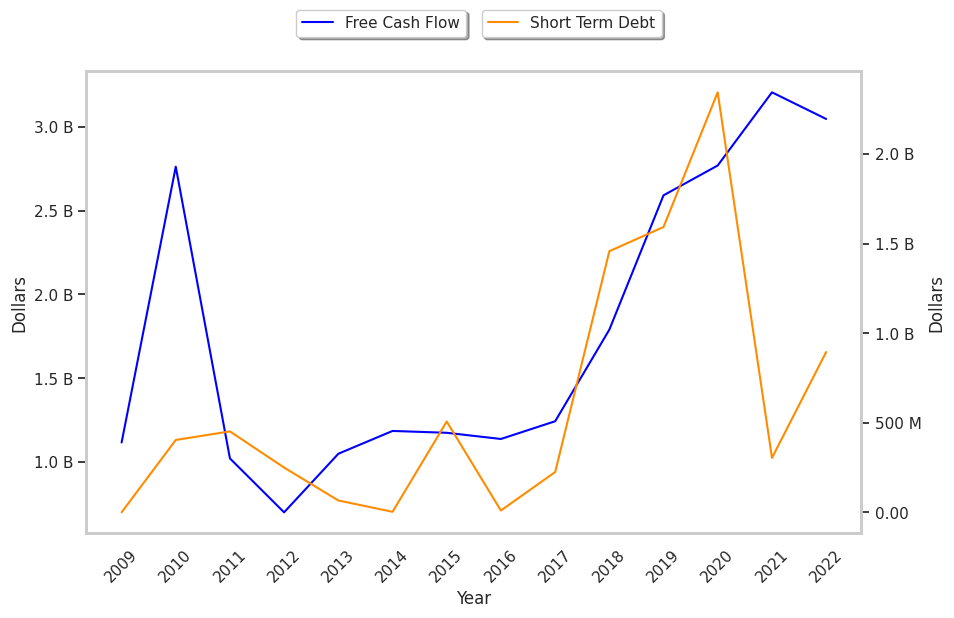Large-cap Consumer Staples company Keurig Dr Pepper has moved 1.0% so far today on a volume of 6,070,991, compared to its average of 8,489,720. In contrast, the S&P 500 index moved 1.0%.
Keurig Dr Pepper trades -13.4% away from its average analyst target price of $36.0 per share. The 16 analysts following the stock have set target prices ranging from $30.0 to $42.0, and on average have given Keurig Dr Pepper a rating of buy.
If you are considering an investment in KDP, you'll want to know the following:
-
Keurig Dr Pepper's current price is 44.7% above its Graham number of $21.54, which implies that at its current valuation it does not offer a margin of safety
-
Keurig Dr Pepper has moved -15.0% over the last year, and the S&P 500 logged a change of 17.0%
-
Based on its trailing earnings per share of 1.37, Keurig Dr Pepper has a trailing 12 month Price to Earnings (P/E) ratio of 22.8 while the S&P 500 average is None
-
KDP has a forward P/E ratio of 16.2 based on its forward 12 month price to earnings (EPS) of $1.92 per share
-
The company has a price to earnings growth (PEG) ratio of 2.35 — a number near or below 1 signifying that Keurig Dr Pepper is fairly valued compared to its estimated growth potential
-
Its Price to Book (P/B) ratio is 1.72 compared to its sector average of None
-
Keurig Dr Pepper Inc. operates as a beverage company in the United States and internationally.
-
Based in Burlington, the company has 28,000 full time employees and a market cap of $43.59 Billion. Keurig Dr Pepper currently returns an annual dividend yield of 2.6%.



